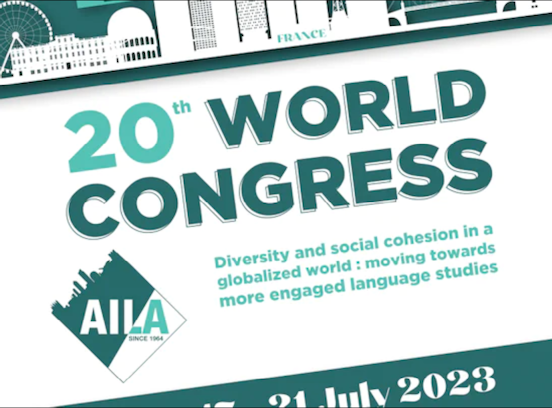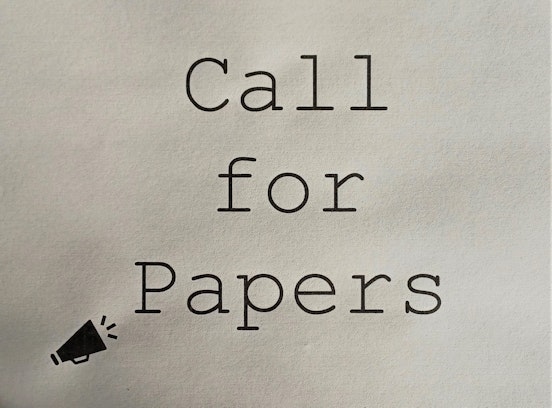Institute for Applied Linguistics - Multilingualism and plurilingualism
Multilingualism and plurilingualism
- Deutsch
- English
- Italiano
Analysis and assessment of language competences;
Investigation of the psychosocial and language contact factors affecting language learning processes;
Linguistic variation/language varieties;
Migration and languages;
Linguistic repertoires, language practices and policies in education as well as in family life
The work of the research group Multilingualism and plurilingualism draws on the most recent national and international developments in the field. At the same time, it remains firmly anchored in the South Tyrolean territory, a historically multilingual area which, over the last few decades, has been affected by significant migratory movements that have enriched its linguistic and cultural profile. The province of Bozen-Bolzano thus represents an interesting venue for the study of linguistic repertoires, language practices and policies as well as for an investigation of phenomena linked to language learning and language contact.
These topics are primarily investigated in schools - from kindergartens to upper secondary schools - as well as in the family. To meet our diverse research objectives, we draw on a variety of methodological approaches ranging from empirical social research to corpus analysis. Particular attention is paid to the psychosocial and language contact factors that influence language learning processes and the language practices of the population that lives in South Tyrol.
Another important research focus is the assessment of language competences. In particular, written texts produced in the school context as well as on social networks are the main object of articulated analysis processes that rely, among other things, on the aid of language technologies. The data we collect also contribute to the creation of teaching materials for language learning and to the creation of corpora, in other words collections of monolingual and multilingual texts, which are then used to analyse and describe the features of different regional and learner language varieties.
Two further objectives of the research group "multilingualism and plurilingualism" include the valorisation of all languages and the promotion of increased levels of language awareness in the educational sphere among all those involved. To this end, empirical data are collected to design professional development opportunities for teachers and to develop guidelines as well as didactic and information materials. Given the growing presence of new languages in addition to German, Italian and Ladin in the territory, some of the initiatives of our research group also aim to stimulate reflection and debate on the role of and the relationships among languages, taking into account individual linguistic repertoires, actual language practices as well as the language policies that are adopted at local, national and international level.



